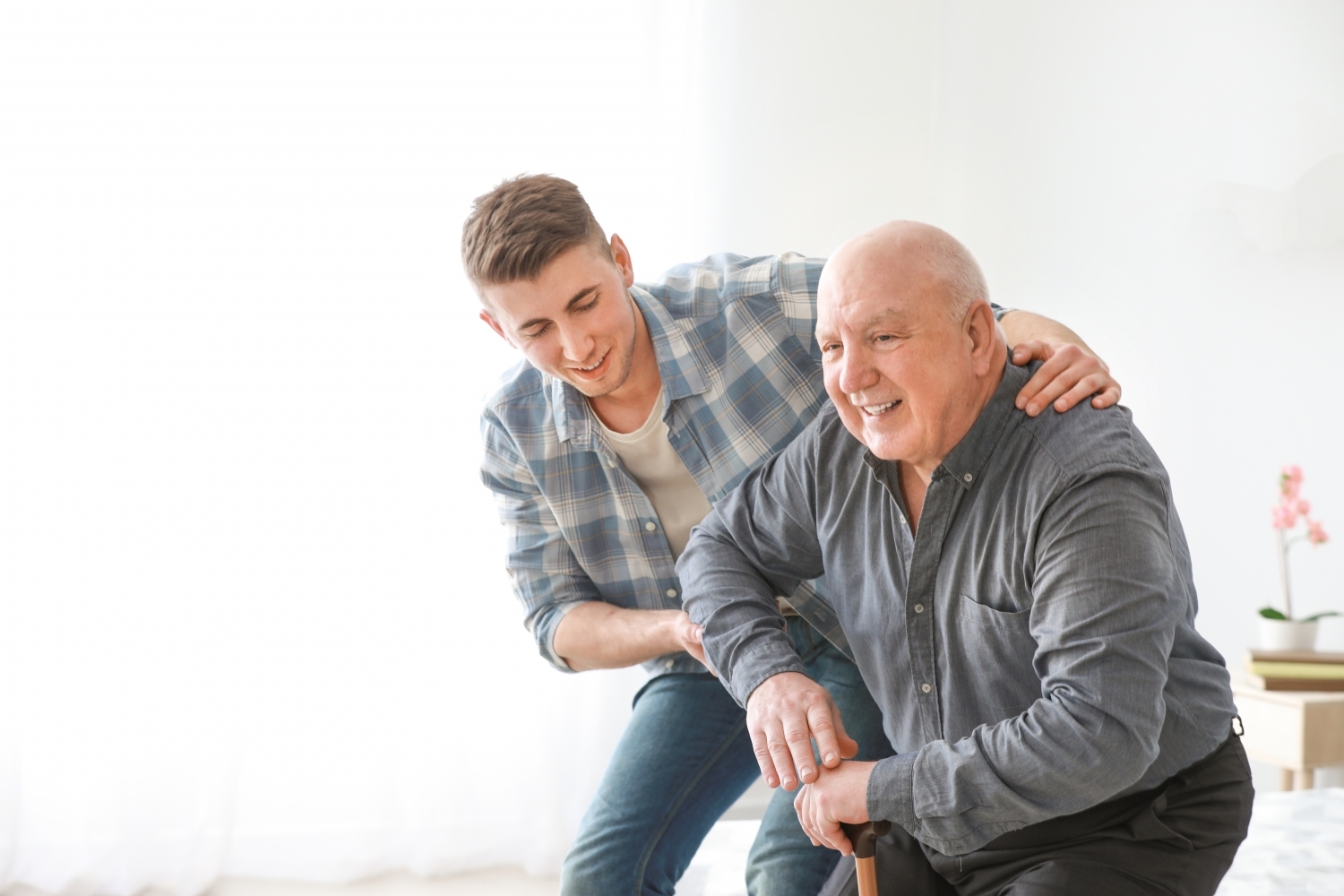
Signs Your Aging Loved One Needs More Help
By CarePatrol of Baltimore
Is your parents’ home messier than usual? If so, take a closer look. The home often holds many early warning signs that its tenants could use a helping hand. Taking care of the home can feel impossible with the onset of physical or cognitive decline. In fact, cleaning, cooking, laundry services and maintenance are some of the biggest benefits of moving to a senior community or receiving full-
If you’ve noticed some changes with your aging loved ones or their home, consider finding them some help.
Here are some common signs to look for:
- Piled-
up mail and/or notices of unpaid bills or bounced checks - Peeling house paint and/or neglected lawn
- Wrinkled clothes or disheveled appearance
- Spoiled food in the refrigerator or cabinets
- Unwashed dishes
- Excessive clutter, especially if not common
- Difficulty walking, especially on stairs or through raised doorways
- Difficult rising from a seated position
- Unexplained bruising (likely caused by stumbles or unsteadiness)
- Unexplained dents or scratches on their car
- Forgetfulness and confusion performing common tasks
- Unusual body odor
- Loss of interest in activities or hobbies
- Mood changes
Try to remember that admitting you need help is very difficult. When talking to your loved one, be compassionate. You’ll often be met with denial the first time you open the discussion so don’t be dissuaded if you’re genuinely concerned. Especially try not to sound patronizing, even if you think your loved one can’t make the decision on their own anymore. It will only make the situation worse.
Depending on how severe the circumstances are, ascertain whether your loved one needs home healthcare or to move to a senior community. If they wish to remain in their home — and it’s safe to do so — home healthcare is a good, cost-
Non-
But many seniors whose symptoms are worse need a more long-